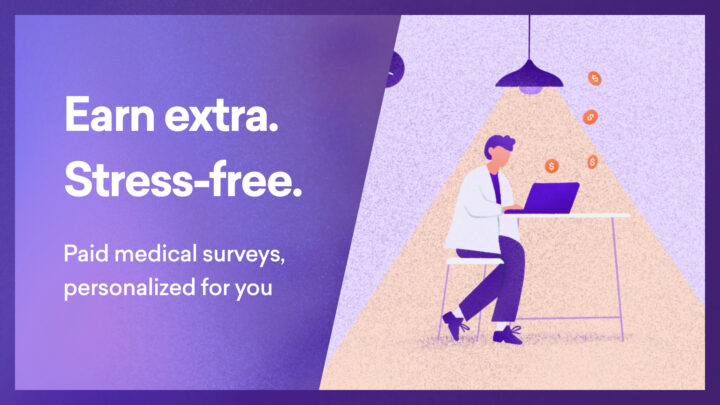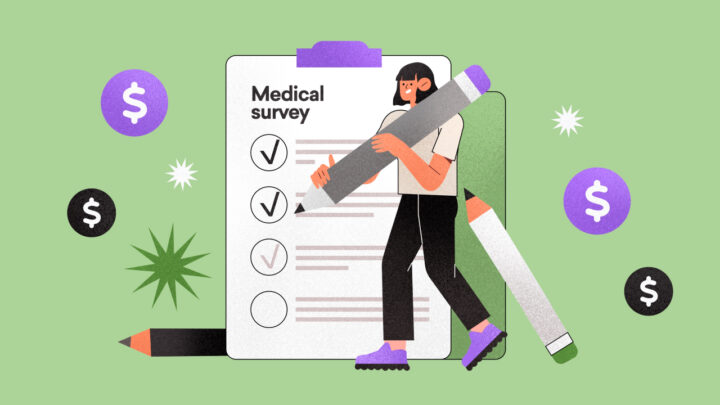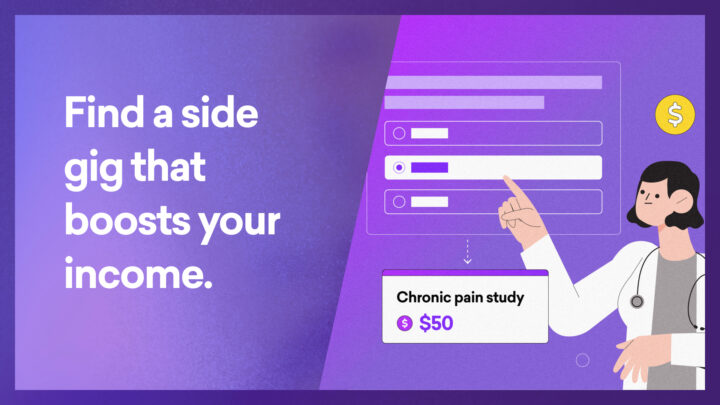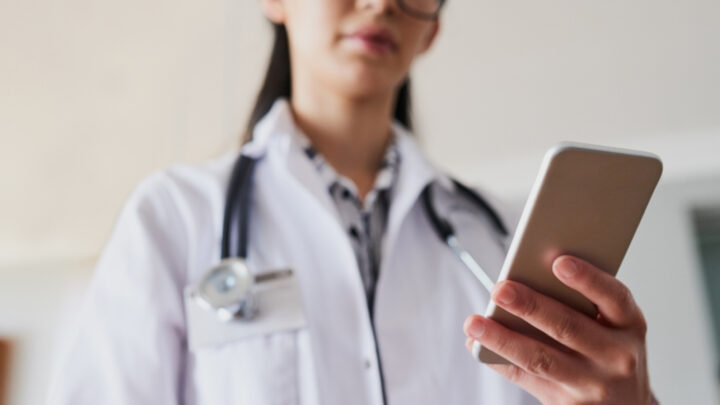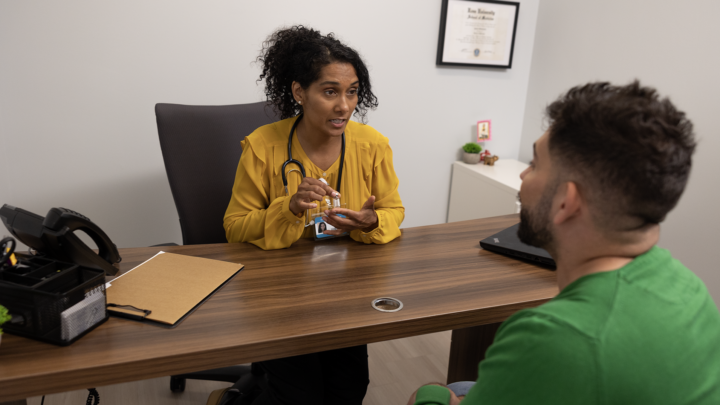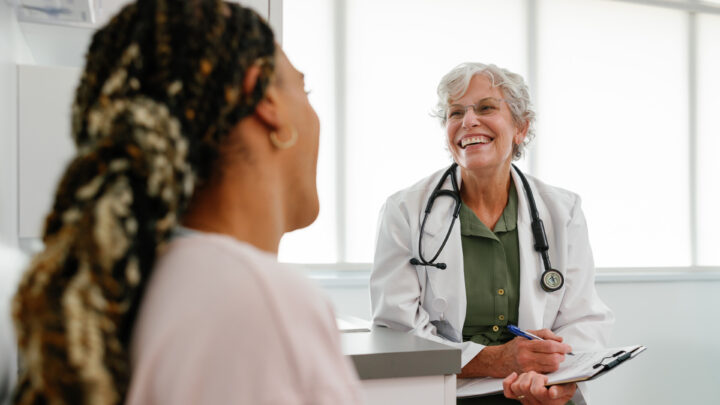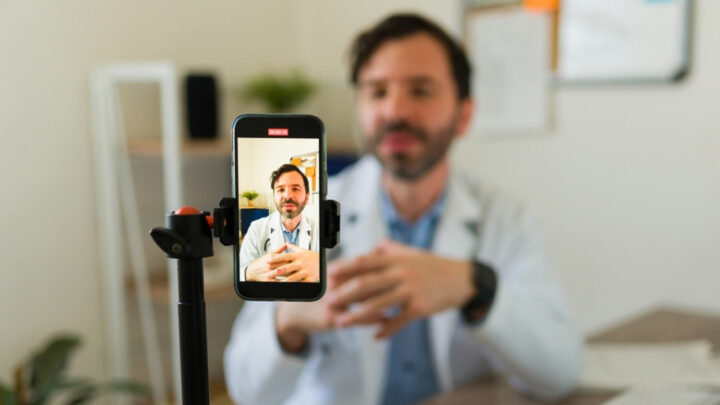
While quarantining in place was meant to keep us healthy and safe, there are real side effects emerging. In addition to the mental health toll, a new study suggests that adults gained an average of two pounds a month.
According to the New York Times, “Soon after the pandemic started over a year ago, Americans started joking about the dreaded ‘quarantine 15,’ worried they might gain weight while shut in homes with stockpiles of food, glued to computer screens and binge-watching Netflix.
The concern is real, but assessing the problem’s scope has been a challenge…Now a very small study using objective measures — weight measurements from Bluetooth-connected smart scales — suggests that adults under shelter-in-place orders gained more than half a pound every 10 days.
That translates to nearly two pounds a month, said Dr. Gregory M. Marcus, senior author of the research letter, published on Monday in the peer-reviewed JAMA Network Open. Americans who kept up their lockdown habits could easily have gained 20 pounds over the course of a year, he added.
‘We know that weight gain is a public health problem in the U.S. already, so anything making it worse is definitely concerning, and shelter-in-place orders are so ubiquitous that the sheer number of people affected by this makes it extremely relevant,’ said Dr. Marcus, a cardiologist and professor of medicine at University of California, San Francisco…
Excess weight has been linked to a greater risk of developing more severe Covid-19 disease, and the United States already has among the highest rates of overweight and obesity in the world. Some 42 percent of American adults over age 20 have obesity, as defined by body mass index, while another 32 percent of Americans are simply overweight…
An earlier study by U.C.S.F. researchers looked at daily step counts, as tracked by smartphones, among nearly half a million people in nearly 200 countries. The number of steps people took declined by 27 percent a month after the World Health Organization declared the pandemic.
The concern about exercise also extends to children, who are known to pack on unhealthy pounds during the summer recess months when they are not in school. The risk is even greater for Hispanic and Black children than for white children, said Andrew G. Rundle, an associate professor of epidemiology at Columbia University’s Mailman School of Public Health, author of a recent paper that expressed concern that school closings would exacerbate existing racial health disparities.
‘We argued that being out of school, which we thought would go on for six months and has gone on longer, was going to be like the summer recess but even worse, because everyone would be loading up on shelf-stable calorie-laden food, and staying indoors and not going out,’ he said. ‘Everything that makes the summer dangerous for kids would be magnified by the lockdown.’”
In a poll of 260+ global Sermo physicians, 48% revealed they gained weight during the pandemic; and 47% said they have exercised less due to the pandemic.
When asked about their patients, 91% said their patients experienced pandemic weight gain and 93% believe the overall pandemic weight gain could have real consequences for an already existing public health problem.
Below, Sermo physicians from around the world share their professional insights, perspectives, and opinions on this important topic—in their own words:
With the closure of gyms, the concern about going out for a run in the open air, has personally reduced my exercise routine
General Practice (GP)
Before I didn’t work out, because I went to restaurants, movies, shopping & everything else. With pandemic I work out on my free time.
Pediatrics (excluding surgery)
I see my diabetic patients with very marked weight gains and despite treatments to help them lose it. They have eaten a lot of things they shouldn’t and poor responses to treatment
General Practice (GP)
I lost 10 lbs as went to all telehealth at home due to age and health and so away from the office snacks. Also able to eat dinner around 6-7 PM instead of 9-10 PM and then going to bed. Doing the same amt of exercise but sitting at the computer all day instead of walking from room to room. Many of our pediatric patients have gained the COVID 19 lbs and too many have gained 40-50 lbs in a year’s time.
Pediatrics (excluding surgery)
Read more about the History of Obesity in the last 100 years.
Everyday thousands of Sermo member physicians from diverse backgrounds and experiences exchange knowledge with each other. Sermo is the original medical social network that empowers today’s physicians. Over 1 million fully verified physicians across more than 150 countries come to our platform to talk with peers, participate in paid medical studies, solve challenging patient cases, contribute to the world’s largest database of drug ratings – and enjoy a few laughs along the way.
Interested in more? Check back any time and follow us on Facebook, Twitter, and LinkedIn for the latest and greatest in physician insights.
Are you a physician or healthcare practitioner?
Explore the many benefits of joining Sermo’s medical community and sign up for free today.
